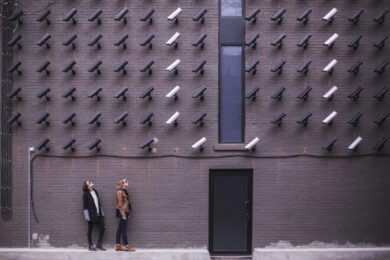
Social Media and Democracy

About the Project: Evidence from recent elections around the world suggests that individuals, organizations and governments have used digital technologies to pose new risks to electoral integrity and social cohesion. Many of the threats posed by new technologies are familiar — fake news, propaganda, theft of information — but the scale, speed, reach, ease and sophistication of such attacks is new and unprecedented.
Methodology: The University of British Columbia and the Public Policy Forum will bring together experts and interested parties from academia, government, technology and media communities, and civil society to have a frank discussion on what needs to be done in the face of the continued decline of the reporter-driven media system and new digital-based threats democratic function and social cohesion. Most urgently, we need to understand risks to the integrity of the upcoming 2019 federal election and what can be done to better protect citizens and democratic institutions from information attacks.
The workshop will take place over two days: the first aimed at understanding the issues better and assessing actions in other jurisdictions, and the second, with a narrowed group of participants, charged with proposing implementable solutions appropriate for Canada.
Following the workshop, UBC and PPF will write a report detailing, contextualizing and organizing the proceedings to make the material accessible to and usable by the public, researchers and decision-makers.
Timeline: Fall 2017 – Summer 2018
Partners: University of British Columbia School of Public Policy and Global Affairs, McGill University Max Bell School of Public Policy, University of Toronto School of Public Policy & Governance
Contact: Gareth Chappell





